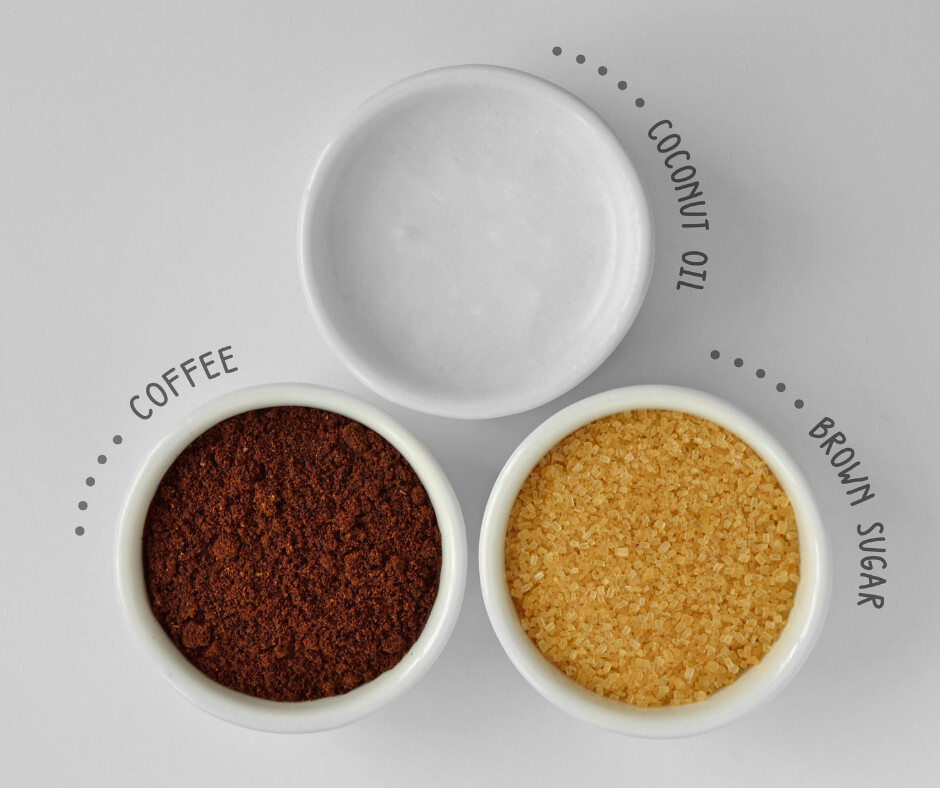
The health of your stomach is critical to your overall wellness. Your digestion determines how much nutrition you will get from the foods you eat. The health of your gut lining determines what gets into your blood stream. And the balance of good and bad bacteria in your stomach impacts many of the most important hormones that regulate major body processes. Keep reading to to learn more about digestion and hormone balance.
Appetite Hormones
An imbalance between the good and bad bacteria in your stomach, can allow unhealthy bacteria to change your levels of the hormones ghrelin and leptin. These two hormones are responsible for sending messages to the brain that you are hungry (ghrelin) and that you are full (leptin). In addition, an imbalance in bacteria in the stomach can impact the foods you crave and your taste receptors. Probiotics are healthy bacteria that can actually improve your production and regulation of key hormones like ghrelin and leptin.
Thyroid Hormones
Part of your conversion of thyroid hormones occurs in your stomach. If you stomach is unhealthy, it may negatively impact the thryoid hormone conversion process. We carry approximately four pounds of healthy bacteria in our colons. These bacteria serve many functions, one of which is to convert T4 thyroid hormone to T3. If your diet is poor and causes your digestive function to weaken, an overabundance of bad bacteria will occur. The crowding out the beneficial bacteria by the bad bacteria will slow thyroid hormone conversion.
Estrogen
A distressed digestive tract will prompt the adrenals to release cortisol. Cortisol is a progesterone blocker at the cell level. The end result is that you may have too much estrogen. Another way that the stomach impacts hormone balance is through a subset of the gut bacteria that helps metabolize estrogen. These estrogen metabolites enter your blood stream where the liver is ultimately responsible for their removal.
Insulin
The healthier your gut function, the more stable your blood glucose stays. With stable blood glucose, the less you will crave sugar and the less insulin you will release. On the flip-side, an unhealthy gut can predispose you to insulin resistance. When your energy cycle doesn’t work properly, it reduces your ability to burn fat. Finally, if you have a lack of beneficial probiotic bacteria lining your intestinal wall, you’re more susceptible to hormonal problems, including diabetes and obesity.
Sleep and Mood Hormones
Around 80-90% of serotonin (your happiness hormone) and melatonin (which induces sleep) are made in your stomach. Serotonin affects emotional processing, which can have significant effects on mood. Your stomach contains the majority of your body’s serotonin. It’s released when food enters the small intestine, where it helps to stimulate contractions that push food through your intestines. Deficiencies in melatonin have been linked to increased permeability of the gut and poor gut health. Not only will poor gut health inhibit the absorption of nutrients needed to make sleep chemicals in the body, but it can also damage the very tissues in the gut that produce these chemicals.
Did this help you? If so, I'd greatly appreciate it if you commented and/or share it on social media.

Email: sharonledwards@hotmail.com
Facebook: https://www.facebook.com/sharonledwardsbiz/


















0 Comments